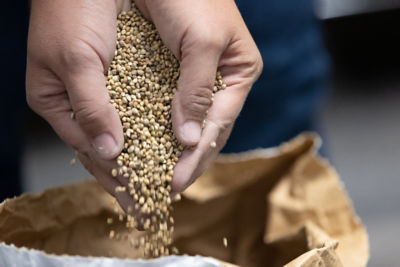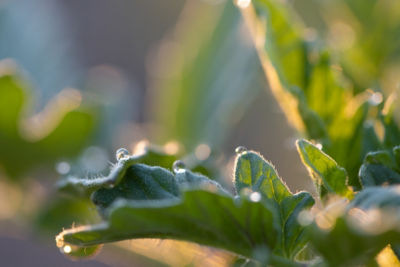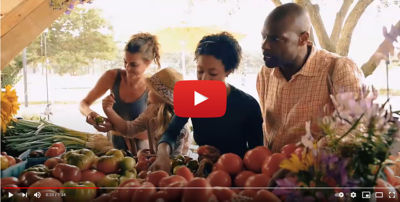Cucumber is the fourth most important vegetable crop grown across the Indian subcontinent. It is mainly grown as a warm season crop and cultivated across ~ 105,000 hectares with total production of 1.5 million metric tonnes. It typically takes about 5-7 days for cucumbers to be transported from the farm to consumers in different parts of the country. Seminis® (a Vegetables by Bayer brand) offers many varieties of high yielding, high quality cucumber hybrids bred for smallholders’ geographies, like Malini and SV7298. These two hybrids have been performing excellently in India in terms of high yield, maturity and fruit quality, helping to improve smallholder farmers’ lives.
Products like Malini and SV7298 provide early maturity and longer shelf life which help farmers get produce to market earlier, improving quality and avoiding food losses. Studies of Malini, for example, presented only 10% physiological loss in weight (PLW) after 6 days post-harvest, while SV7298 showed only 12% in PLW even after 10 days of harvest. As a result, Malini and SV7298 cucumber hybrids demonstrated an extended shelf life of 10-12 days. The combination of early maturity, longer shelf life, high yield and fruit uniformity translates to higher market price and hence increased income for smallholder farmers in India. These innovative solutions from Bayer’s vegetable seeds brands are just a few examples of ways we are adding value to millions of farmers and consumers in South Asia and Southeast Asia.
















